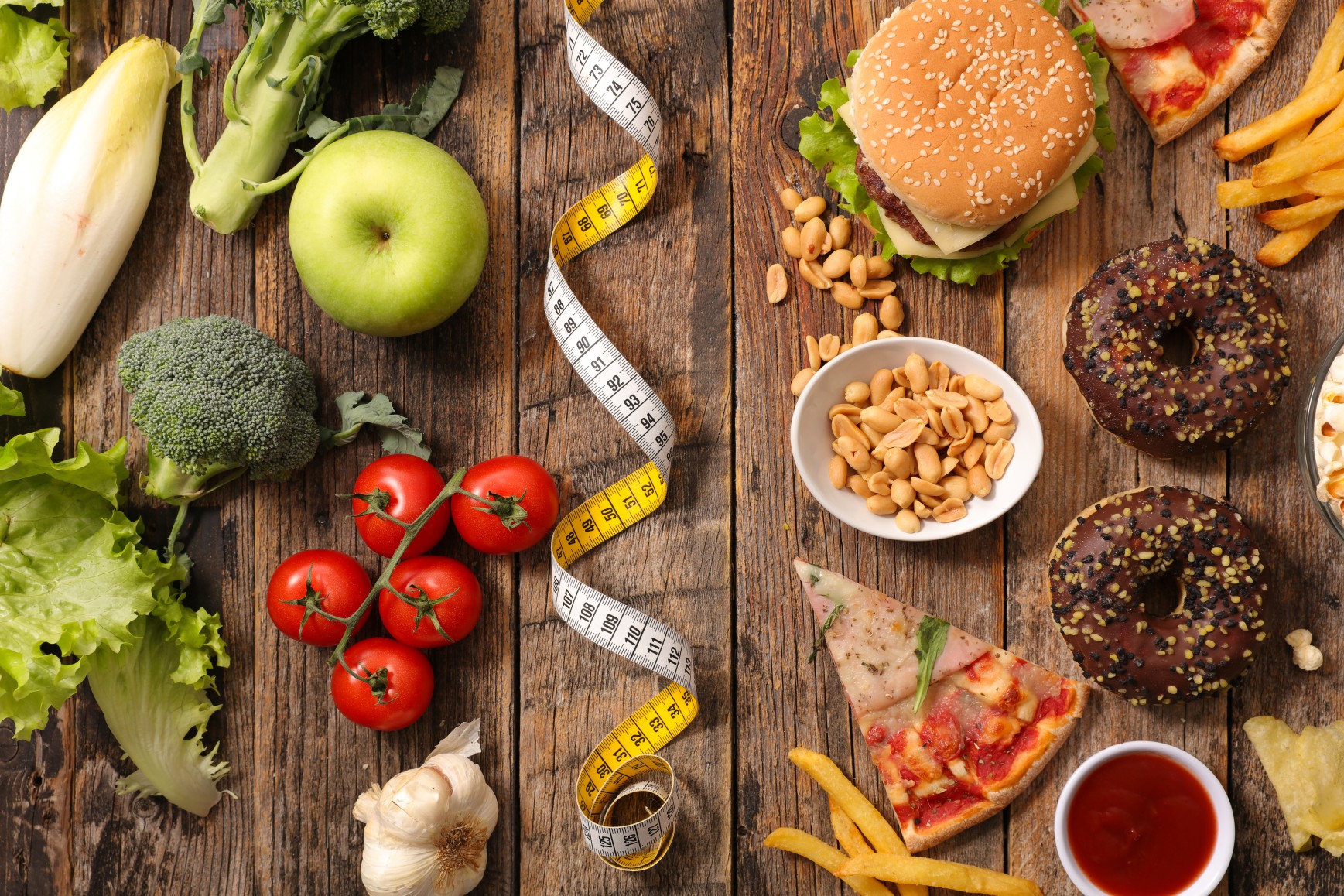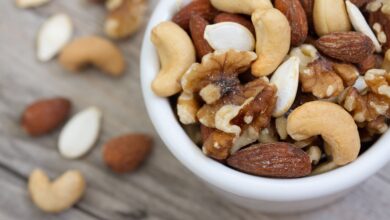A
A
A
Are you worried about inflammation? Maybe you came across the term at your doctor’s office during a recent appointment. Or, perhaps you heard a few friends talking about it over dinner once. It may not be on your mind every day, but you might be suffering from inflammation. Not only that, but you may also be unaware of how it’s harming your own body.
Inflammation can happen to anyone. What’s even worse is not knowing that the foods you’re eating each day are inflaming your body even further! Eating healthy, anti-inflammatory foods is vital to maintaining good health. However, some foods that seem beneficial for you may not be great for your body. Here are some foods to steer clear of if want to fight inflammation.
Dairy
Read More »
You may think food items that contain dairy are safe and anti-inflammatory. Many people consider foods that contain milk and cream as healthy nutrients for the body. In the past, elders told children to drink their milk if they wished to grow into strong and tall grownups. For years, health experts have advised older adults to consume milk to increase their calcium levels, thereby preventing osteoporosis.
Who would ever think of a tall glass of milk at lunch as a potential inflammatory trigger that could harm the body? While a bit of dairy can support good health, large amounts of dairy can cause inflammation. Some companies place lots of sugar in dairy products. Before you buy dairy products, check what ingredients are listed on the nutrition label.
Alcoholic Drinks
A night out on the town doesn’t seem like the worst move for your health. What’s the harm in drinking great drinks with a good group of friends? After all, it’s important to get out and be social with the people you love.
Many people may find relief and comfort in binge drinking. Whether you want a retreat from stress at work or home, drinking several times a week can feel like a relief after busy days. However, excessive alcohol use can lead to inflammation. If you drink large amounts of alcohol, you may suffer from health problems that lead to worse health conditions down the road. Studies have shown that the toxins in alcohol can move out of an individual’s colon and into their body. It can even lead to organ damage.
Refined carbs
Carbohydrates can be a tricky food group to understand. Gather a group of people together to discuss dieting topics, and it seems someone during the discussion is bound to mention the pros and cons of low-carb, or high-carb diets. However, not all carbohydrates are created equal.
Refined carbs and complex carbs are different from one another. Complex carbohydrates consist of legumes, whole grains, rice and starchy vegetables. Refined carbohydrates have a higher glycemic index. For example, white bread, sugary sodas, sweet desserts, breakfast cereals and sugary pastries. Food companies strip the fiber out of refined carbs. Fiber can improve your blood sugar levels and make you feel fuller after you’ve eaten. Refined carbohydrates can taste delicious. Sugary cakes, scrumptious cookies and sweet pastries are delectable treats. However, if you’re experiencing the effects of inflammation, you should limit these foods.
Corn, safflower and soy oil varieties
It may seem like cooking oils shouldn’t matter when it comes to inflammation. Initially, many people might not consider vegetable oil an unhealthy culprit on their dinner plate. The name of the oil has the word “vegetable” in the title! Unfortunately, ingesting certain oils may be worse for your health than others. If you’re looking to heal from inflammation, you must be careful about what oils you’re using when you’re cooking at home or ordering from a restaurant.
Olive oil is one of the healthiest oils to use when you cook. It may also be the kind of oil you drizzle on your salad at lunch. However, there are some oils you should stay away from when you’re in the kitchen. Vegetable oils, corn oils, safflower oils and soy oil varieties can all increase inflammation levels. These oils tend to have a high concentration of omega-6 fatty acids. These fatty acids can lead to inflammation if you’re not getting enough omega-3 fatty acids in your diet.
Dealing with inflammation isn’t easy, and there are plenty of downsides that come with it. Over time, the side effects can build up and become worse if one isn’t paying attention to what their body is trying to tell them. Understanding what foods can cause inflammation and what foods are anti-inflammatory can be complicated. Thankfully, a change in diet and lifestyle can help an individual calm their body’s inflammatory response, and regain control of their health once again.






